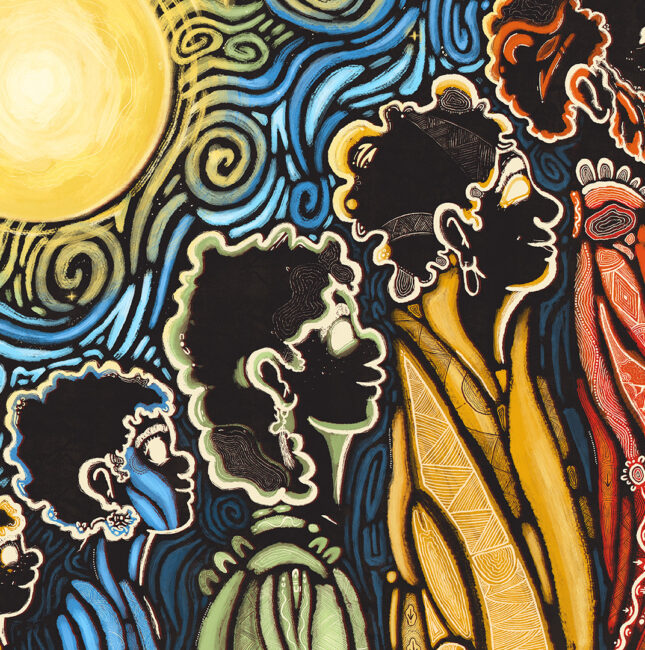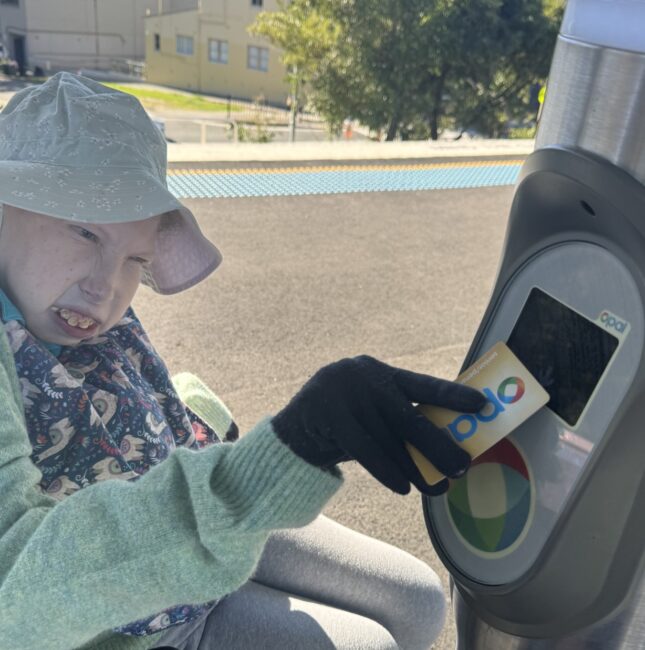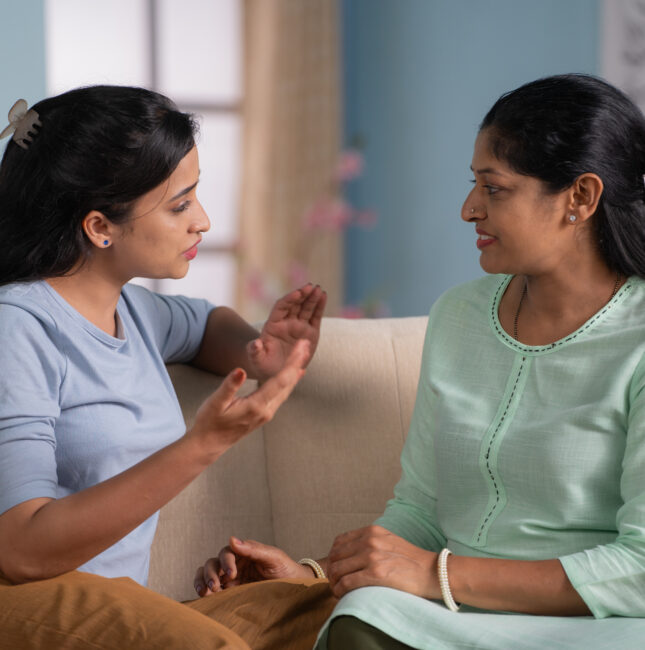Caring for carers during National Carers Week
October 5, 2021
National Carers Week is being celebrated from 10 – 16 October, recognising the valuable work that carers throughout the country perform day in, day out.
The week has been held annually since 1992. This year’s theme is “Millions of reasons to care” and is our opportunity to show our appreciation for carers throughout Australia, acknowledging their contribution to society, as well as to the economy.
The facts about carers in Australia
According to Carers Australia, there are more than 2.65 million carers nationwide – that’s almost 11 per cent of the population. Of these, 861,000 are primary carers and the main source of support to a loved one.
In fact, over 50 percent of primary carers give care for a minimum of 20 hours per week, and one-third supply 40 hours or more of unpaid care every week. This shows that this role is truly a labour of love.
It’s noteworthy that more than one-third of primary carers live with a disability themselves, which is double the rate of non-carers. Further, 70 percent of primary carers are women, with the average age of a primary carer being 54.
There are plenty of young carers, too, with 1 in 11 under the age of 25.
What do carers do?
As the name suggests, carers provide valuable support to a family member or friend who is unable to look after themselves. This may be because of disability, chronic or terminal illness, mental health, addiction issues or old age.
Their tasks can include helping the person being cared for perform essential tasks such as washing, dressing, eating or using the toilet.
The carer may also provide support relating to “life admin,” such as organising medical appointments, providing transport, managing medication, banking, shopping and providing company and emotional support.
Where can I find support if I’m a carer?
Head to Carer Gateway to access online resources specially designed for carers and for signposting to other forms of support. You’ll be able to access phone counselling, connect with other carers, take part in self-guided coaching and find out about skills courses for carers.
More about young carers
The Young Carers Network reports that there are 235,500 young carers in Australia, all under the age of 25.
Young carers may provide a supportive role to a parent or other relative, as well as help out with younger siblings and perform all the day-to-day tasks involved in running a household.
Frequently, they will also be juggling their school work alongside their caring duties, and they will often have to sacrifice their social lives so they can be there for their loved ones.
While young carers have no choice but to grow up fast, they also learn how to be independent, resilient and empathetic to the challenges that other people face.
Acknowledging the invaluable work that young carers carry out and recognising their need for support, the Young Carers Network is a dedicated site provided by Carers Australia where they can access support services and get in touch with others in a similar role.
How can I help celebrate National Carers Week?
There are lots of ways to show your support during National Carers Week. You can attend or organise a National Carers Week event, either in person or online. Add your voice of appreciation to social media by using the hashtags #Carers2021 and tagging and following Carers Australia on your channels. And, if you’re a carer, why not share your story on the National Carers Week website?
We would like to take this opportunity to thank all our carers. From our aged care workers assisting with respite care, to our disability workers, our amazing foster carers and our raft of volunteers – a heartfelt thank you.
Photo credit: @jackofallstreets on Unsplash
More news stories like this one
NAIDOC Week 2025 – The Next Generation
CatholicCare is proud to celebrate NAIDOC Week y amplifying the voices, stories, and aspirations of Aboriginal & Torres Strait Islander people. This year’s celebrations are all about empowering the next generation of leaders - our young people who carry culture forward with pride, resilience and hope.
Read MoreTrain adventures give participants choice & control
When participants and their parents have their voices heard, wonderful things can happen. The words ‘choice and control’ are bandied about a lot in the disability space, but this story shows how crucial they are to a person’s wellbeing and happiness.
Read MoreDavika emerges from a web of violence
As they grew up, the two friends went their separate ways. Davika had settled into life as a single mum in India, and Priyanka had moved to Australia to marry an Australian man. Life, as Davika knew it, changed forever when Priyanka returned to India for a holiday with her husband and her husband’s Australian brother, Steve.
Read More


